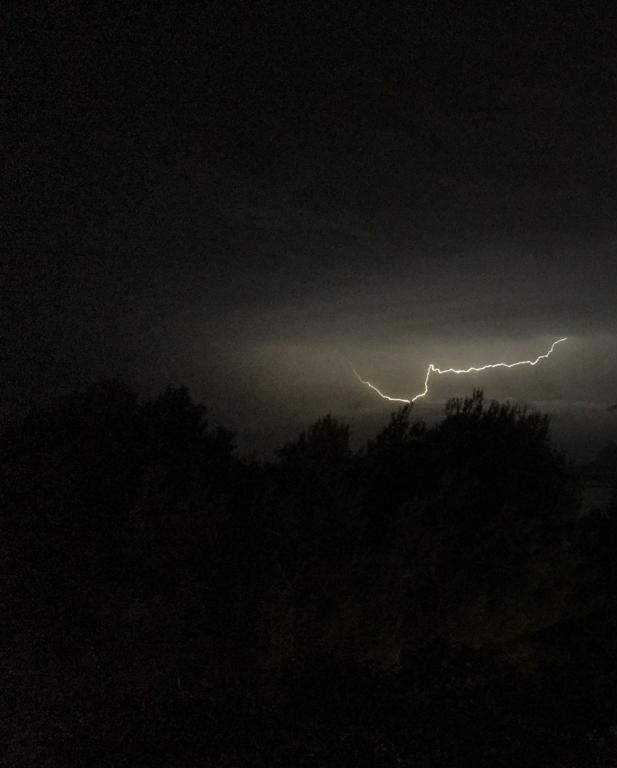Merleau-Ponty’s later writings witness to a thematic shift from the study of perception to that of meaning as its supplement, in the Derridean sense of the term “supplement” – a shift that Merleau-Ponty himself describes in La Prose du monde with an eloquent metaphorical expression: “to cast the fish and keep the net” (jete[r] les poissons et garde[r] le filet).[1]
The “net” is that which is purely (read: exclusively) thinkable, i.e., something (or rather no-thing as per the common meaning of the word “thing”) that is there yet without seeming to be at first sight; something, however, at the expense of which what is tangible and given would vanish (as such).
The task of philosophy is to discover that something purely thinkable and intangible which lies beyond the given and that, in contrast to it, may be labelled the giving.
The anecdote relative to Homer’s death transmitted by Heraclitus – which involves, too, fish, fishermen and their elusive net (frag. DK B56) – may be helpful to illustrate the intangible nature of that something; plus, it supplies a centuries-old background to Merleau-Ponty’s beautiful metaphor.

Storm. Mediterranean coast. August 2020 (Photograph by the author.)
Heraclitus – who elsewhere (frag. DK B64) compares the discovery of that something to the brief yet intense light produced by a lightening – tells us that Homer, the “wisest” (σοφώτερος) among the Greeks, approached some children who appeared to be fishing and asked them if they were catching many (fishes, that is); to which the children replied: “What we see (εἴδομεν) and take (ἐλάβομεν), we leave (ἀπολείπομεν); what we neither see (οὔτε εἴδομεν) nor take (οὔτ ̓ ἐλάβομεν), we carry (φέρομεν)” with is – meaning their lice!
This is a perfect example of meaning’s intangibility and of the playful or childish nature that its discovery requires.
This extraordinary apocryphal story not only proves the well-known value assigned to riddles by the ancient Greeks. Nor does it merely prove – as Colli rightly claimed – that philosophy is the continuation of the logic at play in Apollo’s enigmas by other means (for Apollo is the god of riddles, and these prove as vital or fatal as the god’s arrows).[2] It points, both elegantly and with humour, at the uncanny structure of philosophical thinking – and to its purpose.
Once more then: Philosophy’s task is the discovery (the deciphering) of the purely thinkable; and what is purely thinkable is the net – the meaning – that brings and that keeps together X, Y, and Z as X, Y, and Z: fishes or lice.
A few quick remarks.
I. Does this not amount, though, to opening onto, and navigating through, the poetry or even the meta-poetry, rather than the prose (as Merleau-Ponty puts it), of the world, insofar as it entails withdrawing from any narrative about the given and sliding instead onto the po(i)etic opening (or framing) that bestows meaning upon it (a framing that, following Guattari, I have named elsewhere a specific image of thought)?
II. Additionally, does it not shed a rather precious light on the apparently dismissive, but in fact extremely lucid, characterisation of the ancient Greeks qua philosophers as incorregible “children” by an Egyptian priest with whom, according to Plato in the Timaeus, Solon met in the Land of Ra?
III. Assuredly, Plato’s story about Solon is as apocryphal as Heraclitus’s story about Homer. Yet I am tempted to think it can be read as a wink to it – and, more broadly, to Heraclitus’s praise of children elsewhere (frag. DK B52). If so, however, it must not be regarded as Plato’s sole encrypted reference to the Ionian thinker, but more on this another day.
IV. Fish or lice. Is it not that the question of meaning, therefore, is also that of ontological variation?
[1] Maurice Merleau-Ponty, La Prose du monde (Paris: Gallimard, 1969), p. 66.
[2] Heraclitus, frag. DK B48: “The name (βιός) of the bow is life (βίος), but its work is death (θάνατος).”
